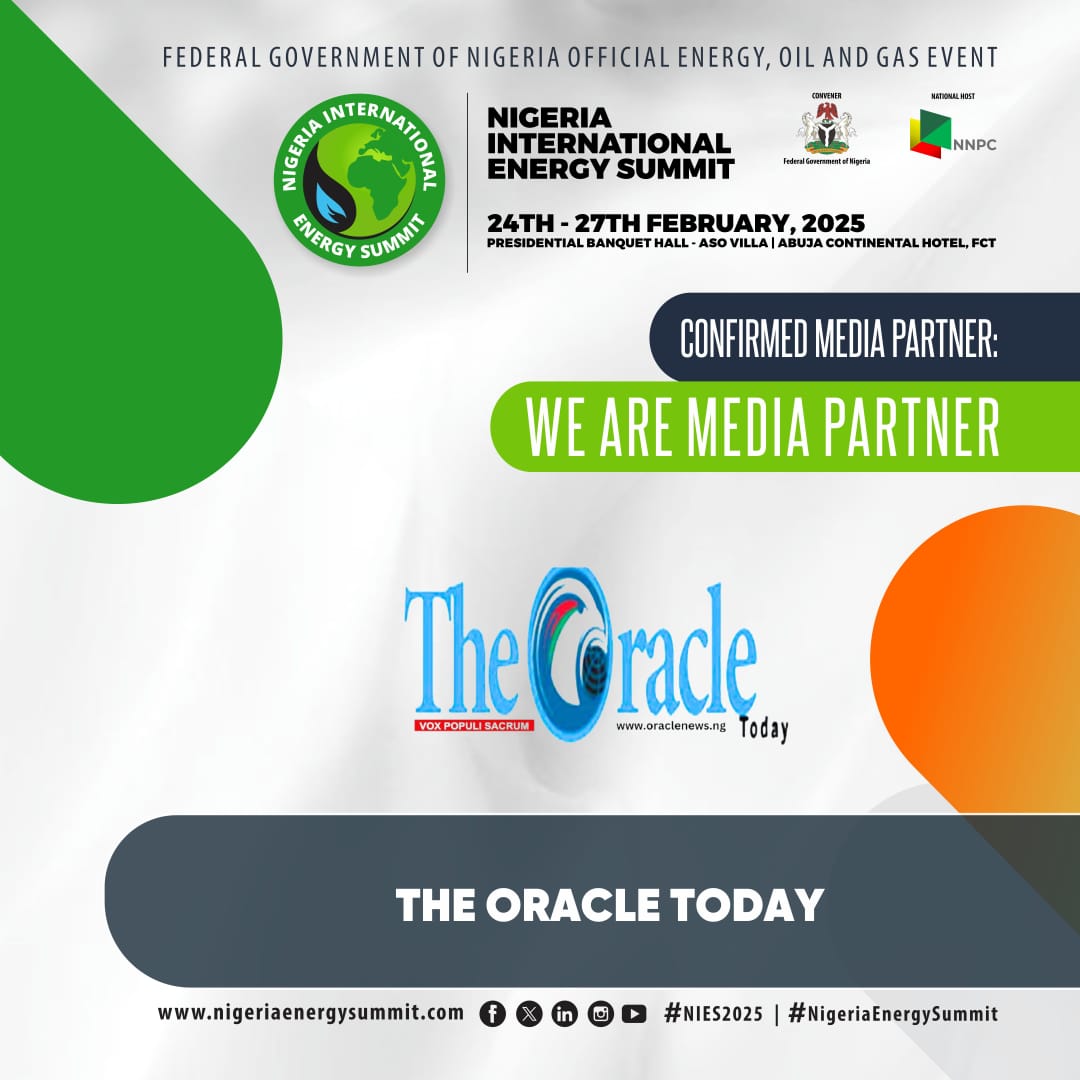
Features: Hollywood connecting Nollywood with Wakanda

To kick off their continent-wide promotional tour ahead of the African release of “Black Panther: Wakanda Forever,” director Ryan Coogler and stars Letitia Wright, Lupita Nyong’o, Danai Gurira, Tenoch Huerta and Winston Duke touched down in Lagos.
The splashy premiere was just the latest sign that the hub of the West African nation’s prodigious Nollywood film industry is central to Hollywood’s plans for the continent, with recent years witnessing a raft of investment in Nigerian production from studios including Netflix, Amazon Prime Video, Disney Plus and Sony Pictures Television.

Plans are now underway to build two world-class studio complexes in Lagos, which their local and foreign backers hope will attract big-budget international productions to Nigeria. If the gambit pays off, Coogler & Co. won’t be returning to Lagos simply to walk the red carpet, but also to lens future chapters of Marvel’s blockbuster, multibillion-dollar franchise.

The ambition is there, but a host of challenges is standing in the way. For all its creative talent and ingenuity, the local industry has a shortfall of skilled crews capable of servicing studio productions. Nigeria offers no incentive scheme for foreign productions, putting it at a competitive disadvantage with rivals including South Africa. Safety is also a concern in a country for which the U.S. State Dept. urges citizens to “reconsider travel.”
Linus Idahosa, president and CEO of Del-York Intl., is nevertheless forging ahead with U.S.-based Storyland Studios, a sprawling studio city on 200-plus acres of prime waterfront property in Lagos.
The project, dubbed Kebulania, will include not only state-of-the-art soundstages and backlots but also a film academy offering internationally recognized certifications and degrees — a holistic effort to scale up the capabilities of the Nigerian industry. Scheduled to break ground in early 2023, the development comes with a price tag of upward of $500 million.
Meanwhile, the Silverbird Group, whose portfolio includes Nigeria’s leading cinema chain, inked a $140 million deal with the African Export-Import Bank (Afreximbank) to build a world-class studio complex and film academy in Lagos.
Named for the company’s founder, the Ben Murray-Bruce Studios and Film Academy will host two soundstages, music and broadcast studios, editing bays, screening rooms, a backlot and a film school across eight acres in Lagos’ burgeoning, multibillion-dollar Eko Atlantic development. No timetable has been given for when construction will begin.
Both studios are massive gambles requiring a significant amount of buy-in from both investors and the Nigerian government, which has a spotty track record when it comes to supporting private industry.
For his part, Idahosa has been working closely with Lagos officials, who, he says, are fully invested in growing Nigeria’s creative economy. The government, he adds, is also making “remarkable progress” on an incentive scheme — a key to attracting big-budget Hollywood productions.
The country need only take its cue from South Africa, which has used its cash rebate to lure films including Viola Davis’ historical epic “The Woman King.” Based on the West African kingdom of Dahomey, it’s exactly the sort of project that inspired Idahosa to draw up the blueprint for Kebulania.
“These are stories that were set here in West Africa, but all the proceeds that have come out of these movies do not find their way anywhere to their origin,” he says.
That could be set to change. On the red carpet in Lagos, Coogler described the “exhilarating” thrill of traveling to Africa while working on “Black Panther” — perhaps hinting at bigger things to come. “It’s what you dream of when you make movies,” he said.



